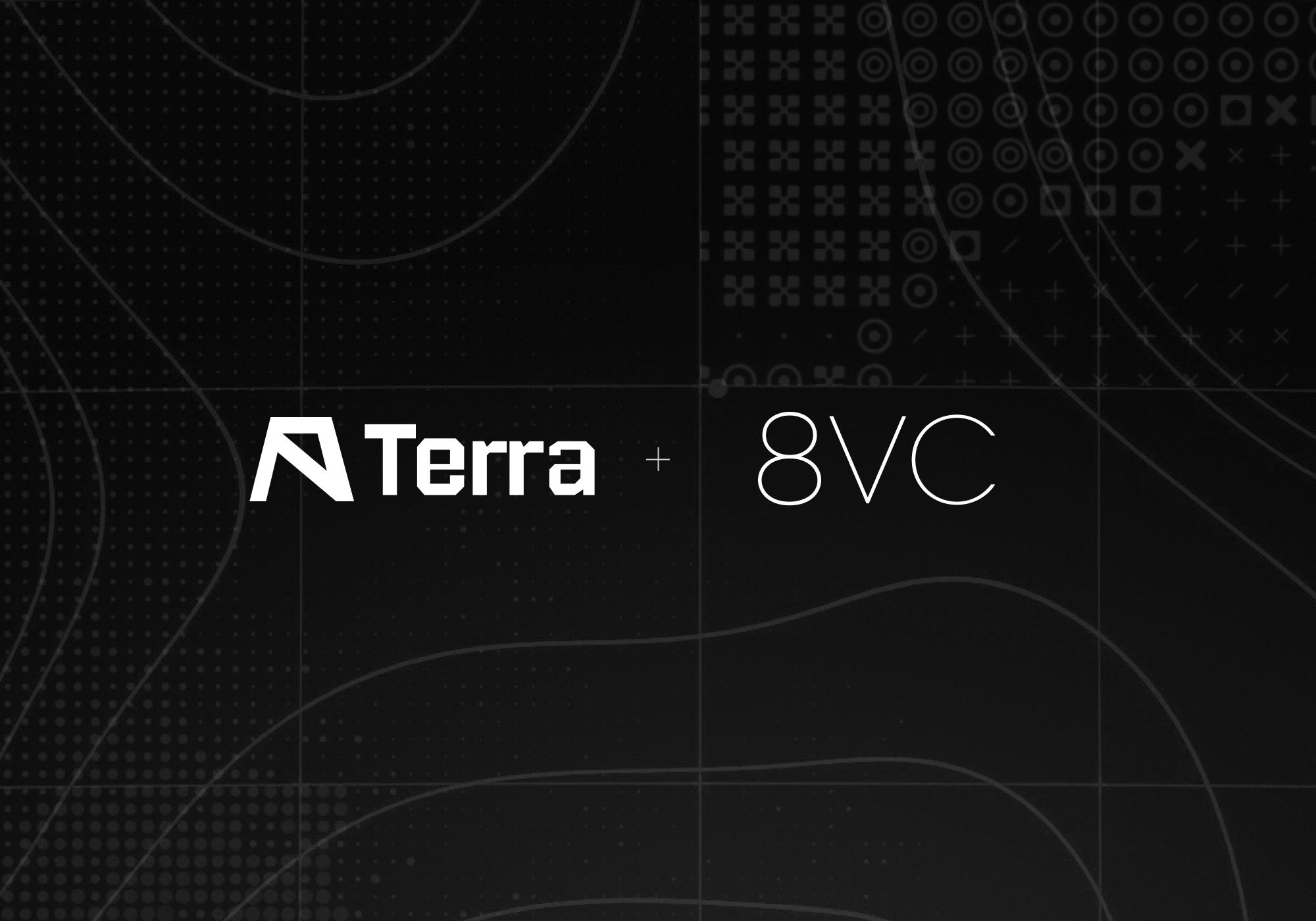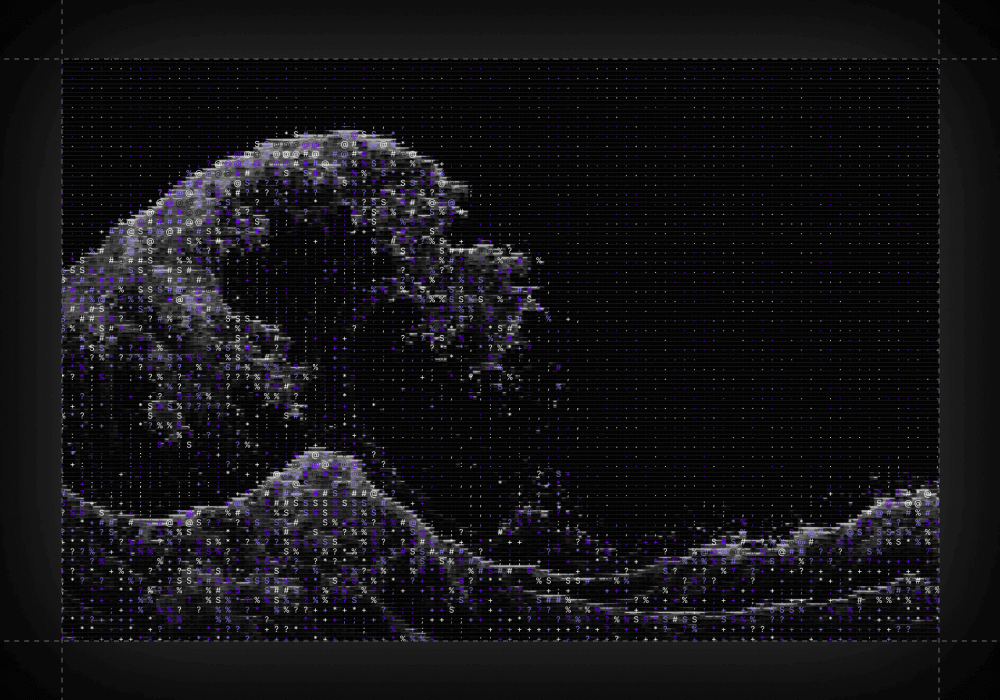8VC Emerging Builders Spotlight: Lauren Hartsfield (Addepar)

Share

In supporting the industry defining companies of the 8VC portfolio, we are fortunate to work with the brightest, most dedicated people in the world. We’re excited to feature some of the most promising engineering and product talent we have the pleasure of collaborating with not only at 8VC, but within our broader network.
Today we are highlighting Lauren Hartsfield from Addepar. Lauren graduated from the University of Delaware with a degree in Political Science and English. She began her career doing scheduling and advance in the Obama Administration and later held administrative and operations roles at Point72 Asset Management. Lauren switched career paths in 2020 and completed The Grace Hopper Program, an immersive web development bootcamp, before joining Addepar as a Software Engineer.
In your words, what is Addepar?
Addepar was founded out of the 2008 financial crisis with the goal of giving the financial services industry more visibility into the assets they manage. More than 10 years later, that mission remains true. Professional wealth, investment and asset management firms can use Addepar to inject data-driven insight into their clients’ portfolios – we are fundamentally the core intelligence platform for financial services.
Today, we’re past the startup phase. In addition to that mission of visibility and data enablement, we’re tackling other client problems such as back office challenges & trading initiatives. We have a marketplace team creating that environment for our clients to use.
How did you learn about Addepar? We would love to learn more about your background as well!
I have a very non-traditional background and Addepar is actually my first software engineering role!
Going way back, I have a background in government and politics. I initially worked on campaign initiatives and agency work before jumping into a career at the Labor Department during the Obama Administration. After some time, I lost my affinity to politics and ended up at a hedge fund in New York, where I grew my interest in financial services.
During the first months of the Covid19 pandemic, I had the pleasure of taking an online course called CS50 from Harvard. I’d tried other self-serve CS education like CodeAcademy but I was never hooked on those programs because the curriculum is often just about memorizing the fundamentals of a specific programming language and not how code powers software. CS50 presented unique and challenging problems and dove deeper into the fundamentals of computer science. It was a phenomenal learning experience and inspired me to do a coding bootcamp.
Post-program I focused my job search on the financial services and financial technologies industry because it has some of the largest scale data-driven problems. I learned about Addepar through the BuiltInNYC platform!
What part of Addepar do you work on today?
I work for a product engineering team that specializes in analysis workflows within the core Addepar platform – this includes workflows around financial attributes, benchmarks and target allocations as well as the analysis tools used to visualize portfolios.
I’ve worked on projects ranging from augmenting analysis table sorting functionality to updating the entire core product to support international date formatting. I’m currently building a new filtering feature that allows users to configure filters and persist them for use across all of their workflows.
Users shouldn’t have to recreate complex filters for all visualizations and reports – with this new feature, advisors can create shared filter configurations that allow for consistent data presentation in multiple areas of the application. It’s fundamentally an enabler of collaboration, which is so critical in our platform.
What falls under the purview of product engineering at Addepar?
Product engineering is responsible for the layer closest to the client – fundamentally the UX layer. Even though we transition from front-end to back-end (most of our team is full-stack), we really focus on user experience and enabling workflows our advisors and their clients can follow.
We work with design, content, and product management counterparts. We adopt a very iterative approach that requires us to think about balancing tradeoffs between design and implementation.
What has surprised you most during your time at Addepar as well as the transition into an engineering role?
Coming from a background in politics, where the work is often personal relationship driven and project management skills are important, I’ve been amazed by how much of my past experience transitioned into the software engineering career. This career is often stereotyped as isolating. However, and especially in product engineering, so much of my day-to-day is in communicating with other stakeholders. We work with product teams to deeply understand client needs, and negotiate trade offs. We also frequently collaborate with other engineers across the organization when tasks span the purview of multiple teams.
I’ve also been surprised by the types of challenges a massive platform like Addepar has to navigate. Each of our clients has unique needs and it’s our responsibility to distill those needs into one product. Our tools have to work for a variety of client types – single-family offices, multi-family offices, independent RIAs, broker-dealers, private banks, wirehouses, institutions, foundations, endowments, and others. I’m in awe of how we’ve built a comprehensive platform to work for each of those personas.
What are you excited about on Addepar's future-facing roadmap? What are some complex challenges your team is working on?
When I started at Addepar, computation on our platform was “continuous.” As a user was making changes to the data configuration they wanted to analyze, the computation was running with each update. We’ve been adding layers to make sure that changes are compiled and run in batch. This has been done in parallel with adding more sophistication with caching and allowing users to schedule computation for a specific time and frequency.
Computation is where some of our hardest problems are. There are complex drill-downs and visualizations that have to run with robust financial data, and the volume of data on our platform is always increasing. We hope to enable performance enhancements for users so they can get even more out of Addepar’s tools.
I’m excited to focus even more on user experience in the future. We want to help anyone brand new to Addepar feel like they’re on a platform that they can understand right away. There is so much you can do with Addepar, but there definitely is a learning curve. On the product engineering side of things, we need to help with guided onboarding – composable widgets, pre-composed views, and templates to help new users get from zero to one.
And finally, any hot takes?
First off, on a personal level this career transition has been very rewarding. There’s a lot of risk that comes with changing careers, especially if you need to financially prepare for a period of not working in order to do so, but I now enjoy my career more than I ever have in the past. I’d strongly encourage anyone considering a career change to take a leap of faith because the end result is often well worth the intermediate challenges.
On a professional level, the domain of financial technology is always going to have tough problems. Things evolve quickly and you’re dealing with human transactions. When you look at the investing world, you see quantitative funds that think they’ve nailed down what they’re doing in the markets. However, they constantly have to change their approach. As soon as you figure something out the market changes underfoot.
If you’re looking for continuous learning and being around things that move fast, this is the industry for you. There is so much passion.







.png)

.png)


